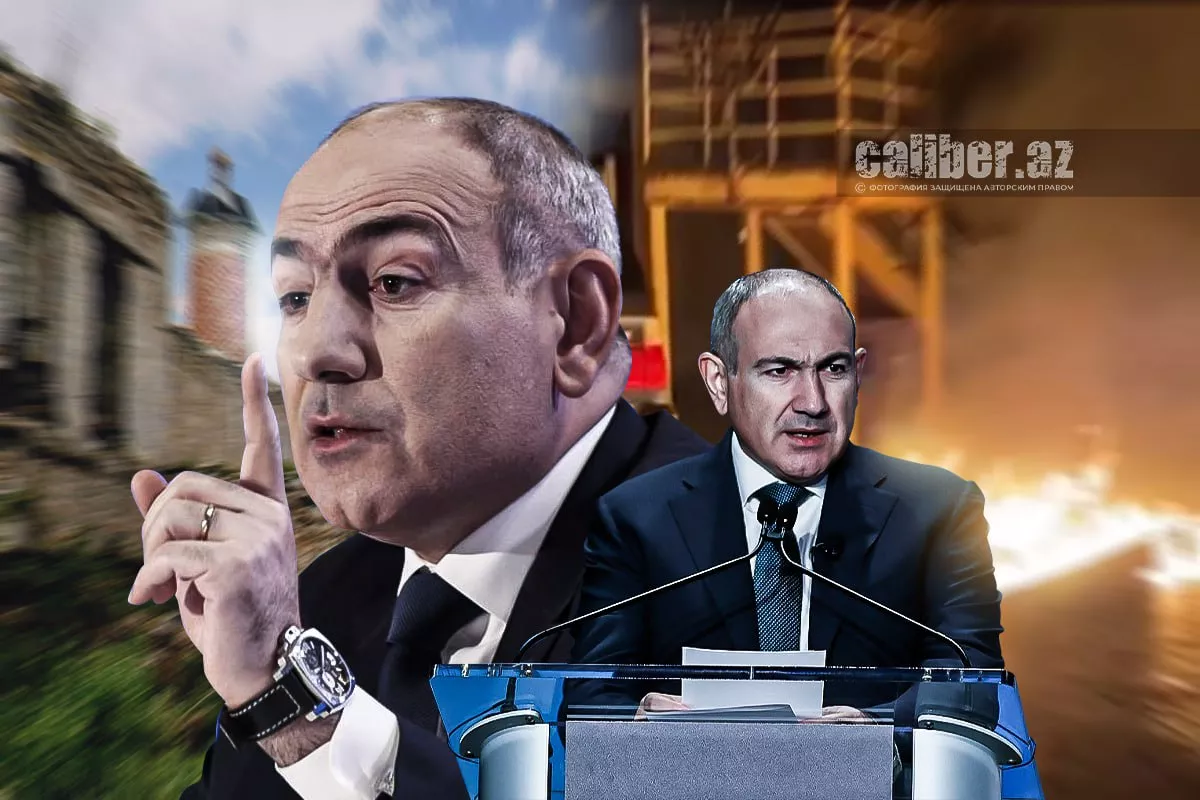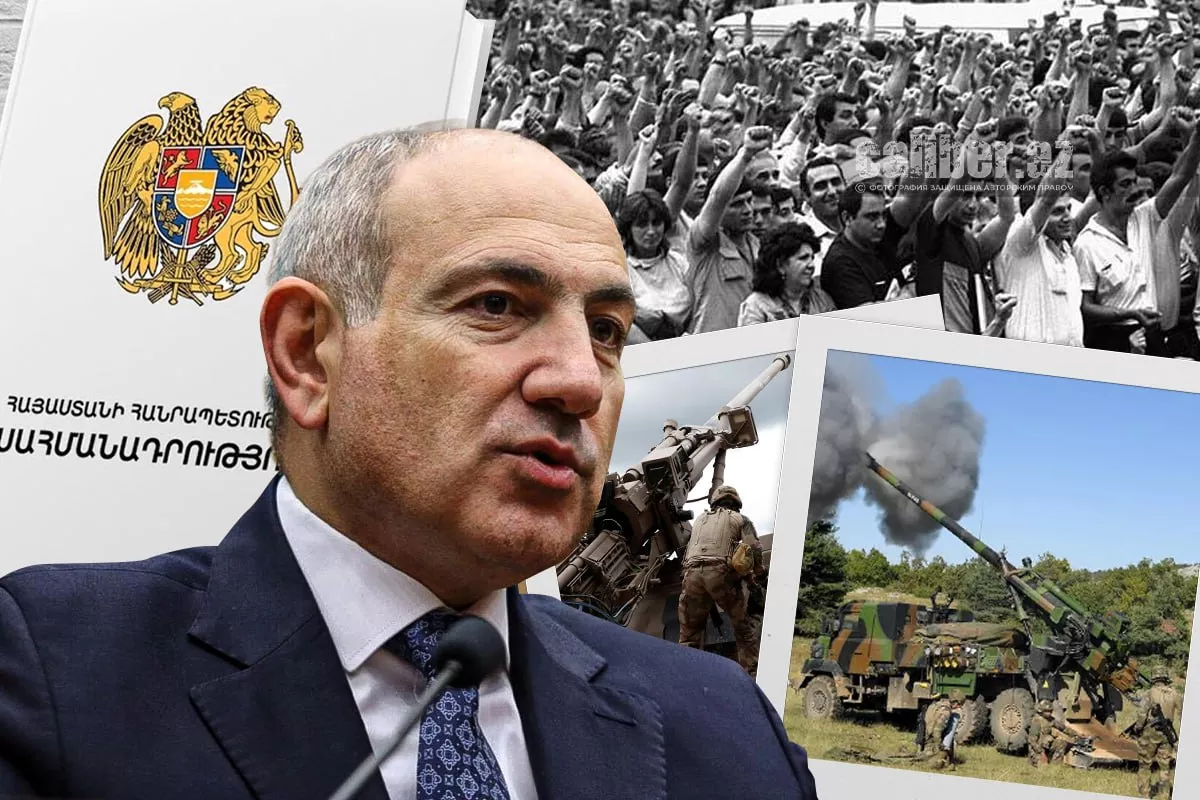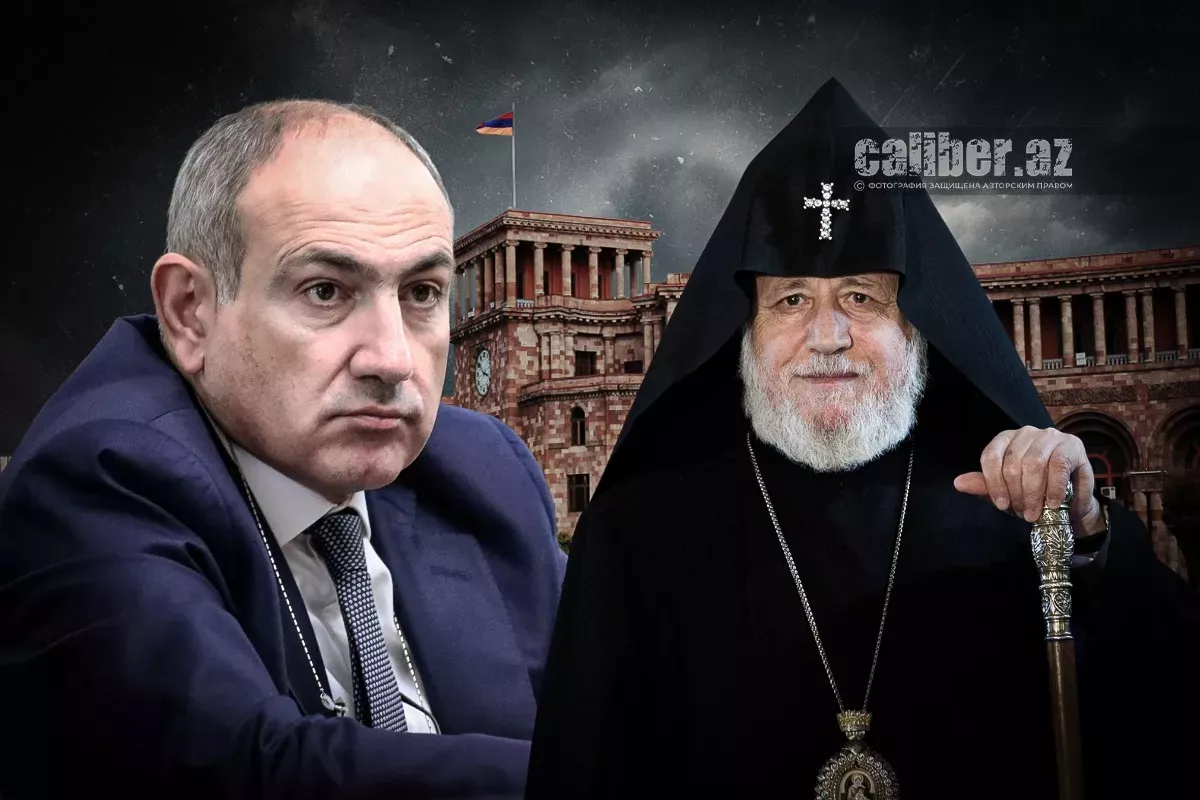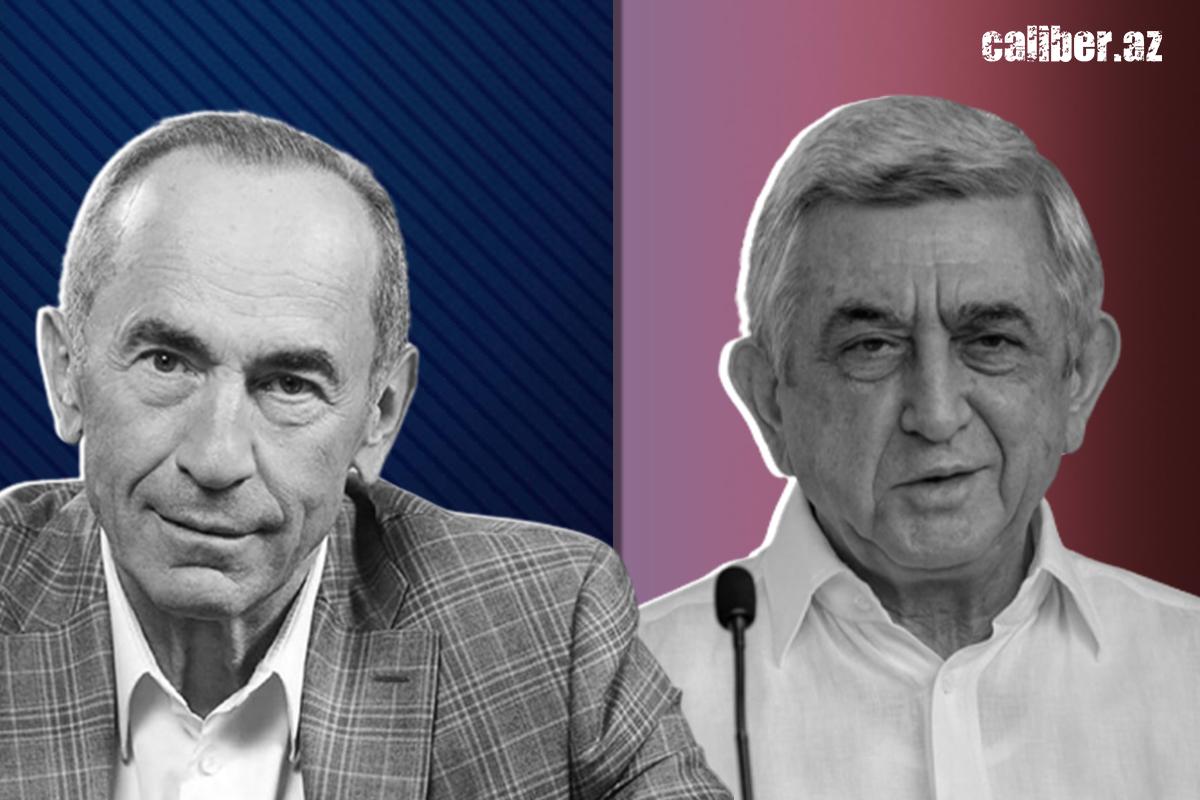Nicknames and initials Pashinyan blasts his predecessors
Recently, Prime Minister Pashinyan has been sharing a series of interesting posts on his Facebook page. He published them in response to increasing accusations from Serzh Sargsyan, Robert Kocharyan, and Levon Ter-Petrosyan, who blame him for all of Armenia’s “disasters” in recent years—ranging from dragging Armenia into war and “surrendering Artsakh” to the resettlement of Armenians from Karabakh. At the end of each post, Pashinyan, continuing an established tradition, invites the trio to a debate.
“When the people rejoice, the infamous trio, who flee from debates, are sad. Now the people are happy because peace has arrived and not a single soldier has died. And the trio, who run away from debates, have fallen into depression because of this. The real number of casualties isn’t enough for them, and they never miss a chance to voice their cherished figures, especially since they ‘don’t grow as if on purpose.’ So now tell me, will you come to the debates or not?” Pashinyan wrote in his first post.

In his second post, the Prime Minister writes: “TPL (Levon Ter-Petrosyan – ed.), SS (Serzh Sargsyan – ed.) and KR (Robert Kocharyan – ed.) constantly claim that I dragged Armenia into the war.”
The use of initials seems aimed at belittling his opponents—Pashinyan apparently considers it beneath his dignity to mention them by name.
Reading further: “TPL, SS, and KR, if I was the one who dragged Armenia into the war, then what was an 18-year-old Armenian soldier doing outside the sovereign territory of Armenia in 2018? Moreover, these were not your children or grandchildren. So why didn’t you send your own children and grandchildren to the ‘peace zone’? Answer, TPL, SS, and KR. Answer where your children were at that time and what they were doing.”
Pashinyan uses sound logic. The very fact that the war occurred during his premiership does not make him the primary culprit, nor, in general, the instigator of the entire Karabakh conflict. Azerbaijan’s military resolution of the Karabakh issue was conditioned by Armenia’s decades-long occupation policy—almost thirty years, of which Pashinyan was in power for only two. At the same time, he found the courage to admit that his loud statement, “Karabakh is Armenia, period,” was dictated by the previous model of “patriotism,” effectively acknowledging it as a mistake, and that he regrets not recognising Karabakh as part of Azerbaijan earlier.

In the same second post, Pashinyan also attempts to drive a wedge between Armenia’s former leaders and the person he persistently refuses to call the Catholicos of All Armenians, referring to him solely by his secular name:
“TPL, who on March 1, 2008 left Ktrich Nersisyan at the gate of his house, not letting him onto the property, is now defending Ktrich Nersisyan. He should better apologise quickly to Ktrich for not letting him past the doghouse back on March 1, 2008.”
As we can see, this peculiar scene is described in a minimalist style, yet vividly enough for the reader to clearly hear the dog barking. We cannot confirm the details of this incident, but even if the Prime Minister exaggerated, it deserves praise, as it helps readers better imagine the conflict that took place in Ter-Petrosyan’s garden.

At the end, Pashinyan, of course, adds an invitation to a debate, now spiced with new nuances:
“And also tell me: will you come to the debate or not, ‘tough guys’—the Warrior, the Brain, and Full House.”
The shift to nicknames in these final words is surprising, especially since they are not disparaging. Yet there is a reason. Pashinyan uses them to call his opponents to a debate, essentially to a duel. And can you really challenge an opponent you do not respect? Respect is required, at least situationally. Psychologically, Pashinyan’s approach here is correct.
We are left to guess which nickname belongs to whom. The deductive method is tempting, but something clearly holds us back. Perhaps it’s not worth the effort. What matters more is that Pashinyan, firmly paving the way to peace, lands painful blows against his opponents.
In the third post, Pashinyan accused Ter-Petrosyan of dragging Armenia into the war, Kocharyan of fleeing to Armenia, and Sargsyan of “running away from Karabakh early to enjoy the coins they collected at the Lachin checkpoint.”
Again, the pastoral details—though we are unaware of even the remotest specifics of what happened at Lachin—paint a vivid image. The image of Sargsyan collecting coins in the open field vaguely recalls the cunning cat Basilio unearthing the gold of the trusting Pinocchio.

Meanwhile, the finale of Pashinyan’s third post resembles not a fairy tale, but rather a classical tragedy:
“Victorious presidents, victorious presidents! Reflecting on the history of the Third Republic, I was horrified to note that not a single candidate for ‘victorious president’—can you imagine, not a single one—ever received the people’s vote of confidence. Listen, if you brought victory to the people, can you explain why you falsified elections since 1996? How could the people fail to elect leaders who brought them victory? How? They didn’t elect you because, despite your supposedly well-paid analysts, the ‘people’s and deserved’ artists, the caring mothers of Armenia, and the ancestors standing silently and thoughtfully behind you, everyone understood that you did not bring victory, but dragged Armenia into a chasm with no way out. And now you are dying, seeing that yes, this way out was found at the cost of thousands of lives. You are dying in the literal sense of the word, three times a day: once in the morning, once at noon, and once as darkness falls.”
The translation, of course, cannot fully convey the dramatic intensity present in the Prime Minister’s original text. The image of death visiting his opponents three times a day is particularly striking—though Pashinyan, being no bloodthirsty person, clearly uses it only in a political context. In any case, it seems that the Armenian Prime Minister chose the right tone, and his words are likely to strike directly at the hearts of ordinary Armenians, weary of the whining Karabakh clan.
There is also a fourth message, in which Pashinyan again questions Ter-Petrosyan about who, and under what legal act, allowed him to station 18-year-old soldiers outside the internationally recognised territory of Armenia after the adoption and confirmation of the Alma-Ata Declaration.
And yes, at the end of each of these posts, the Armenian Prime Minister invited the three former leaders to a debate—a single word of which, it seems, makes them genuinely wish they could die.








